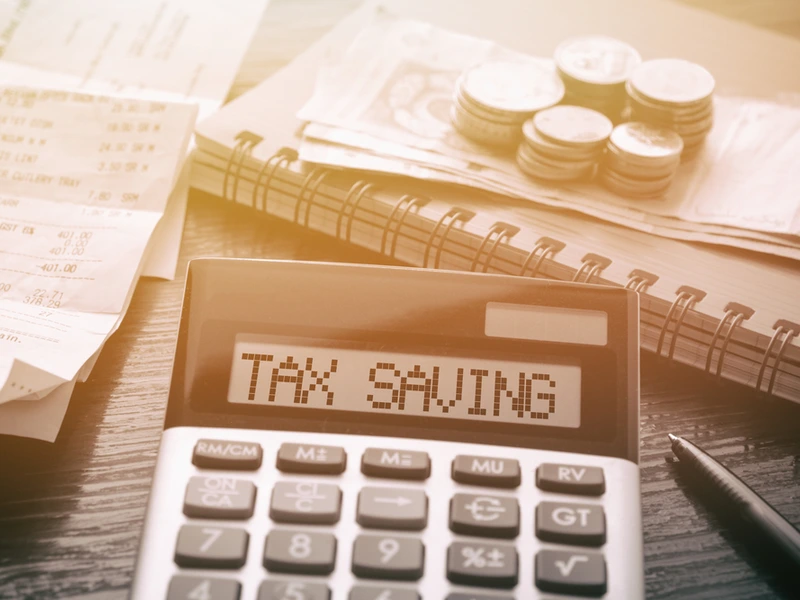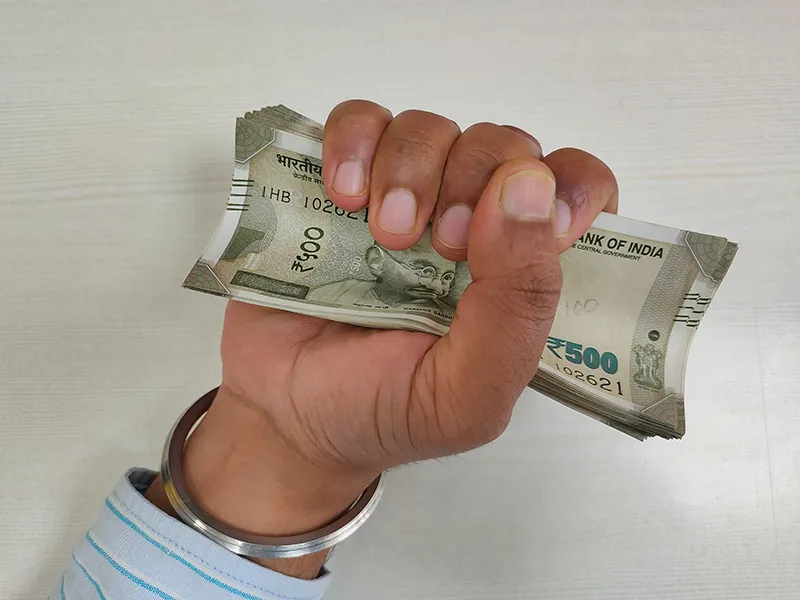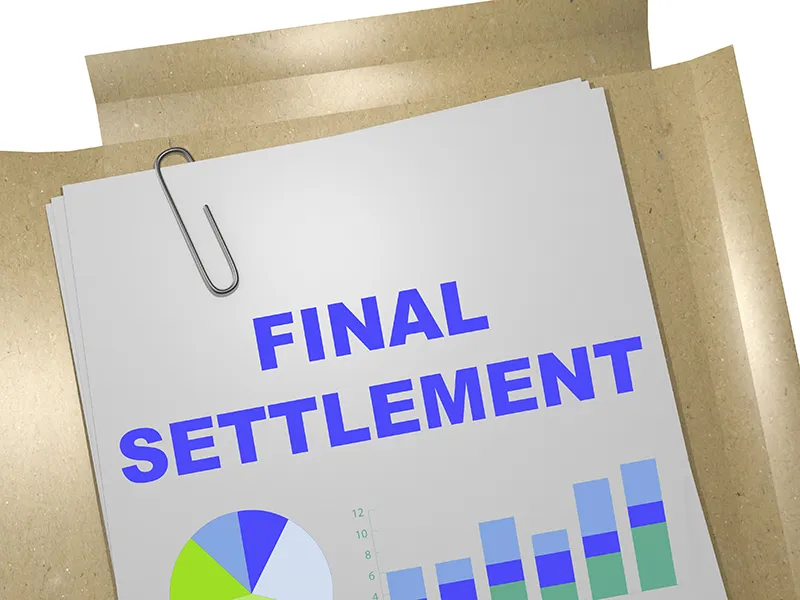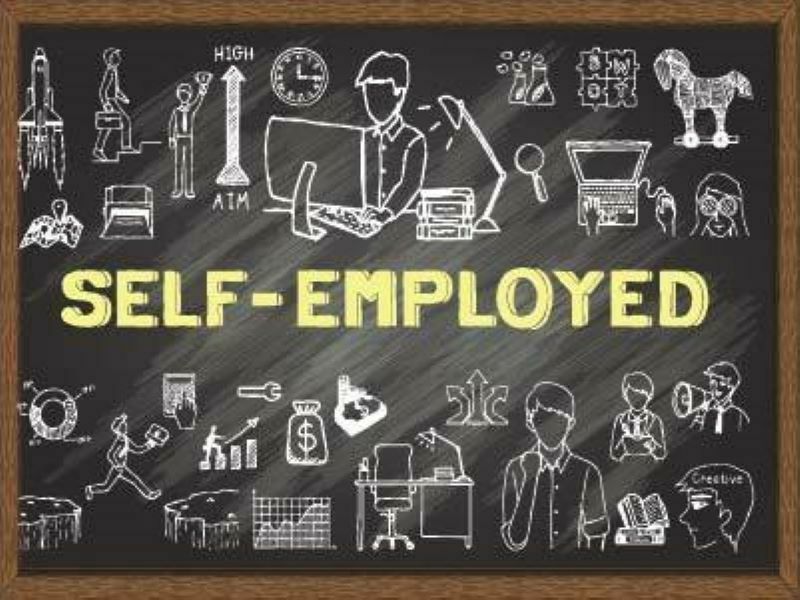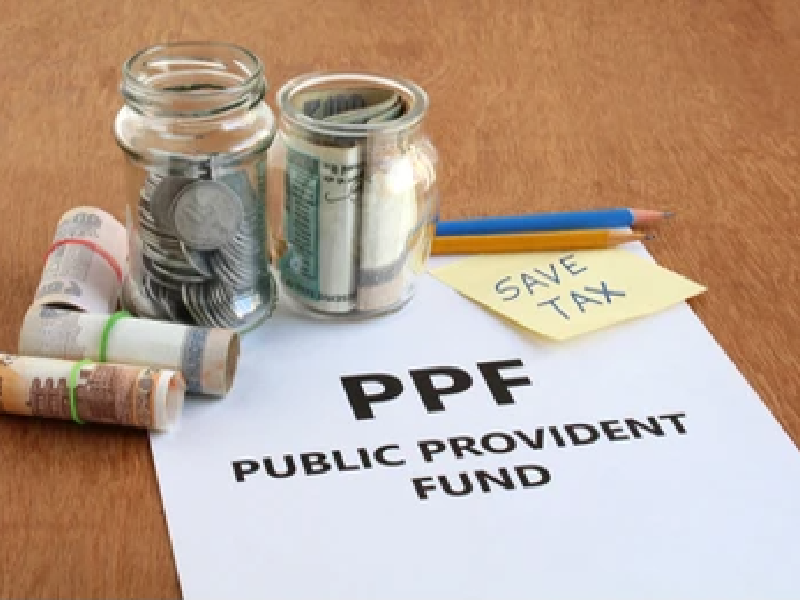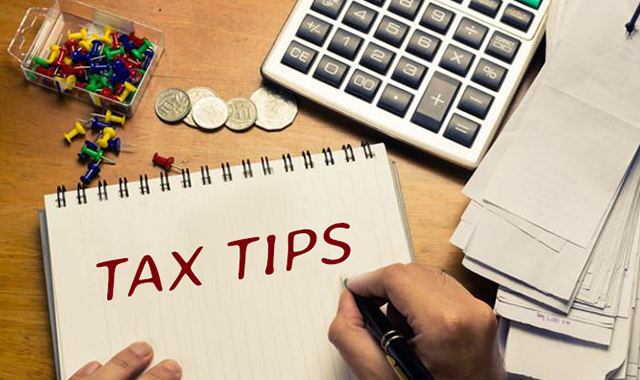
Paying your taxes is always a daunting task. Firstly, you feel bad parting with your hard-earned money. Secondly, given the technical nature of tax-filing, you get confused and keep putting off the filing process. Sadly, there is a due date for filing and submitting your taxes. If you miss the due date you face penalties and fines. To avoid this penalty people scramble to file their taxes at the last possible minute. This last-minute tax-filing process is followed by the ever-present question – how to save the last-minute tax?
Many of you must have scratched your head some assessment year or the other thinking about escaping the last-minute tax. Did you find a way?
If not, here are 5 easy tips which let you escape that last-minute tax liability –
- Invest in ELSS
ELSS is a very popular mutual fund scheme which stands for Equity-Linked Saving Schemes. Investments in ELSS schemes qualify for tax exemption under Section 80C of the Income Tax Act. You can invest a maximum of Rs.1.5 lakhs for claiming tax exemption under Section 80C. Since you are doing a last-minute investment, you should invest in a lump sum. ELSS investments are at the top of the list for two main reasons. First, these are equity-oriented mutual fund investments which give very attractive returns. Secondly, the interest generated and the redemption proceeds are both tax-free in your hands. So, you not only save tax on your investments but also save tax on the returns. It is a win-win situation, isn’t it?
- Claim HRA
House Rent Allowance or HRA as it is popularly called is an allowance provided by your employer if you live in a rented accommodation. HRA forms a component of your salary structure and can be claimed to get tax exemptions. The Income Tax Act specifies the maximum HRA which you can claim as tax deduction. It is lower of the following:
- The actual HRA component of your salary,
- Excess rent paid over 10% of your salary, or
- 50% of your basic salary if you live in a metro city or 40% of your salary if you live in a non-metro city.
Let us understand your HRA computation for tax purposes with the help of the following example:
| Your basic monthly salary | Rs.50,000 |
| HRA component of the salary (monthly) | Rs.15,000 |
| Rent paid | Rs.12,000 |
| City of residence | Mumbai |
Exempted monthly HRA would be lower of the following:
- HRA component which is Rs.15,000
- Rent paid – 10% of the salary = Rs.12,000 – Rs.5000 = Rs.7000
- 50% of the basic salary (for metro city) = Rs.25, 000
Since the lowest is Rs.7000, the exempted HRA is (Rs.7000*12) = Rs.84, 000
- Keep your medical bills safe and use them
Did you know that your employer also allows you a tax-free medical reimbursement of up to Rs.15, 000 every year? Yes, it is true. If you submit your medical bills to your employer, you can get a medical reimbursement for such bills up to a maximum of Rs.15, 000. This reimbursement is tax-free and helps you save tax. However, the reimbursement is available only if you furnish the original bills. So, keep all your medical bills safe to claim a tax exemption at the last moment.
- Claim LTA
LTA stands for Leave Travel Allowance and is another useful tool to reduce your tax liability. LTA is an allowance which your employer gives to cover your travelling expenses when you are on a leave. Travelling expenses incurred on you and your family could be claimed as an exemption under LTA. LTA is tax-free under Section 10(5) of the Income Tax Act. The expenses incurred on the journey tickets are covered under LTA. Moreover, you can claim LTA twice in a block of 4 years.
- Avoid tax-filing in the last minute
Filing your taxes in the last possible minute is never advised. Such tax-filing is done in haste and is prone to innumerable mistakes. Especially when it comes to investments, you can end up investing in an unsuitable product only to save taxes. Investments should be done with a lot of thought. Hurried investments are later regretted. So, try filing your tax returns earlier so that you can chalk out an investment plan which would not only suit your financial requirements, it would also save taxes.
Tax filing is necessary if you are entitled to an income so why delay. Though the above-mentioned tips help you in saving tax, you should file your taxes a little early as it is rightly said – the early bird catches the worm.














